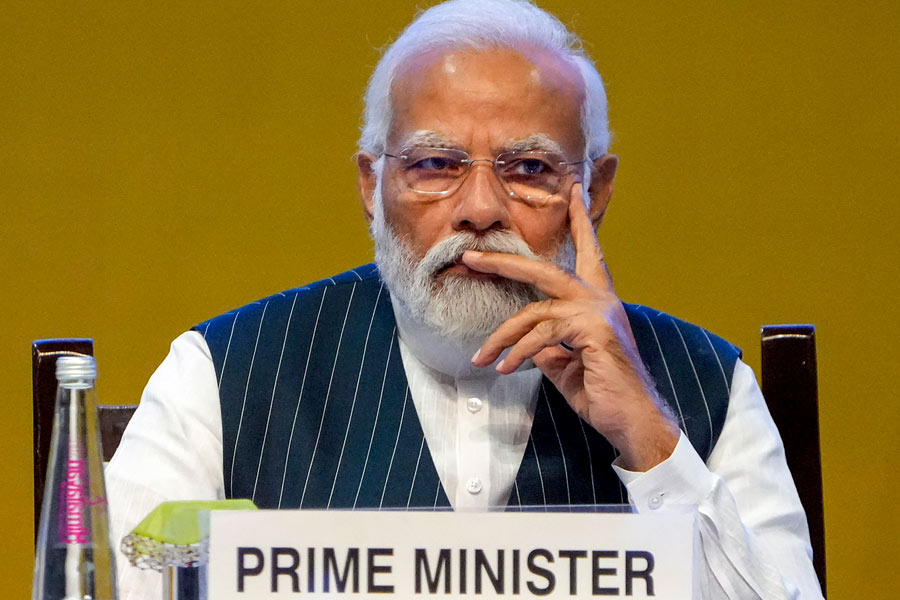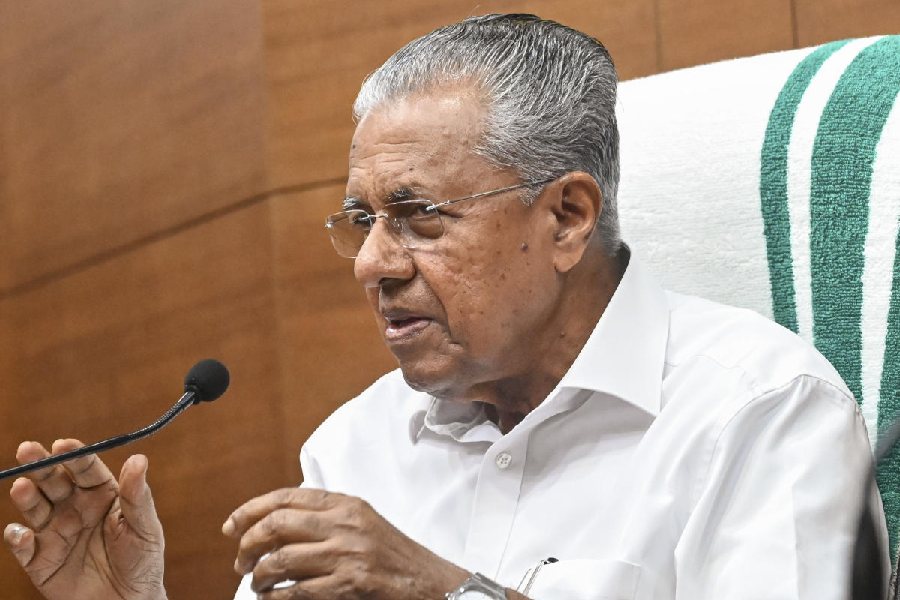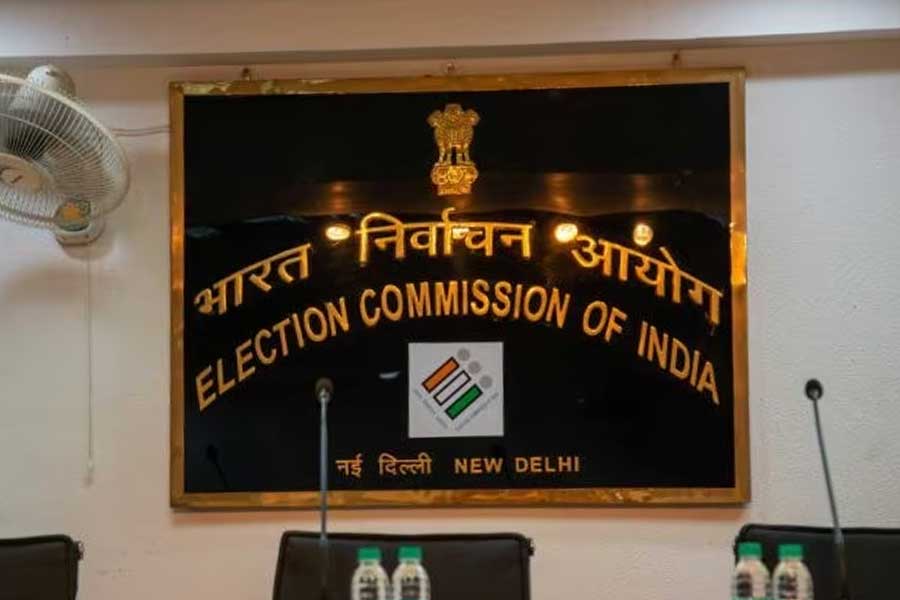At a time when political observers are debating whether today’s India is a full-blown electoral autocracy or a democracy in its twilight, one inevitably harks back to that other dire period when the nation was in thrall of a dictatorship. Almost five decades ago, Indira Gandhi declared a state of internal emergency, incarcerated political opponents, trade unionists and student activists, suspended civil liberties. The Emergency was a straightforward police raj and markedly different from the creeping, insidious authoritarianism behind the veneer of democratic functioning that is the modus operandi today.
Indira Gandhi wanted to hold on to power through intimidation and fear. At the same time, she was desperate to legitimise her illegal reign through critical amendments to the Constitution. The 39th Amendment, for instance, ruled that the election of the prime minister could not be challenged in the Supreme Court but only before a body constituted by Parliament. That was also when a lily-livered Supreme Court, with the honourable exception of Justice H. R. Khanna, decided in a habeus corpus petition that detentions without trial were legal under the Emergency.
After the successful war against Pakistan in 1971, Indira Gandhi was likened to the goddess Durga. But she made no effort to mobilise support among the people to embellish her image. The Emergency severely eroded her popularity, as was confirmed by the Congress’s debacle in the 1977 elections.
Narendra Modi has, on the other hand, succeeded where Indira Gandhi failed: he has become synonymous with the nation. Whereas the ‘India is Indira and Indira is India’ trope remained concentrated among the sycophants in the then Congress, Modi is identified as the nation’s custodian and benefactor. How else does one explain the unabating idolisation of a man who caused misery to millions through demonetisation and the inept handling of the pandemic, under whose watch there has been unremitting persecution of minorities, dissidents and Dalits as well as record unemployment?
Modi has, with calculated ruthlessness, covered most of the bases to secure formidable power over the polity. He is the quintessential cult figure in a country of idol worshippers. The cult of personality is a perverse form of bhakti where man supersedes god. Ambedkar had warned against such devotion as it is a dangerous attribute to imbibe in politics and a “sure road to degradation and eventual dictatorship.”
The Modi cult has been choreographed to perfection by publicists and event managers. An aura of mystery and distinction has been built around the high priest of Hindutva. He has used his charisma and oratorical skills to attract a huge following that shares his nationalist fervour, his hostility toward Jawaharlal Nehru and what he represents, as well as a barely disguised animosity for minorities. As with many cult leaders, his image is peppered with footnotes of past struggles — he is said to have sold tea as a child at a railway station and gone to jail over satyagraha for Bangladesh’s independence.
The ideological underpinning of Modi’s reign is based on the vision of Hindutva as propagated by V.D. Savarkar. An effective execution of such a radical ideological transformation is possible only through the Orwellian route of an authoritarian State. The Modi regime has taken imperious control of nearly every aspect of governance. The media have become the proverbial stenographer to power; the bureaucracy has outdone itself as lickspittle; law-enforcement agencies have become the menacing hatchet men of the regime; even the Election Commission, it is alleged, no longer functions independently.
The Emergency was hitherto a dark chapter in India’s history. But the people restored our democracy. We are in a darker place today, an electoral autocracy that has co-opted the institutions of governance to restrict freedoms. The poison injected into our collective bloodstream is here to stay, irrespective of what happens politically in the future.
Mathew John is a former civil servant











